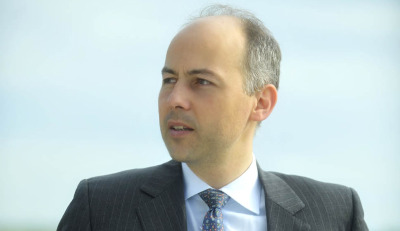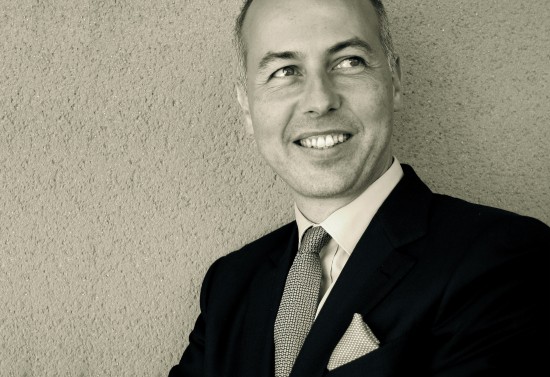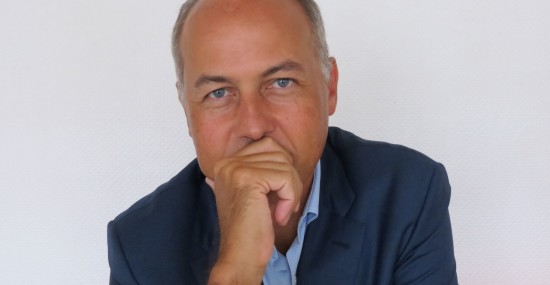(An editorial written by Guillaume Jourdan) Today Bordeaux 2012 Campaign gets underway with Mouton release. First growth Chateau Mouton Rothschild 2012 released at €240 per bottle that is -33% on the ’11 (€360) and +100% on 08 (€120). After messages sent last year by the French, UK and US wine merchants asking for prices to go down, it seems that Mouton decided to listen to the world. Why now and not last year? Is there any “China Effect” behind this decision? What message does that send to the fine wine market? Let’s start with a quick analysis and some questions regarding this announcement: 1)This is an early primeur campaign. For many years, wine merchants were complaining about the too late & too long campaign. It’s good to come back to the old days ! 2) A Top Bordeaux wine discloses EP price before Robert Parker announces his scores. This is really new and has not been seen for a while! Does that mean Robert Parker has lost some of his aura? 3) The message sent by the world has been understood. During en primeurs’ week in Bordeaux, journalists and buyers were worried: at what price will the best wines be sold en Primeurs? They were worried because they explained that high prices would not be welcome this year. “The market for fine wines has changed” they said, “it’s time for the best chateaux to offer better prices if they want to continue selling their wines.” That proves again that the market for fine wines is changing. In fact, the fine wine market was expecting this kind of reaction a bit earlier. For the 2011 EP campaign, more precisely. Why didn’t prestigious chateaux decide to make this move earlier, I mean last year? Maybe this decision was triggered by the “China Effect”. In fact, the “China Effect” may have resulted in creating an increase in collective awareness on the speculative bubble. The “China Effect” has nothing to do with the strong demand on fine wines that we saw over the last few years. It is more about what is happening now in China and what will happen in the future. Some luxury brands already understood that things were changing in China and took action recently. Titled “Once Hot, Luxury Stores Think Twice On China“, an article published recently in Forbes explained the new LVMH strategy: “According to a feature story in China Daily on Friday, Bernard Arnault, the CEO of LVMH, the world’s largest luxury group, said it plans to adjust its expansion in the country. In fact LVMH, which owns a portfolio of more than 60 luxury brands like Louis Vuitton, may very well cease expanding into the second and third tier cities because they’re finding that many people from smaller cities prefer traveling to the bigger ones to shop. Louis Vuitton has expanded rapidly in China, and has more than 40 stores, including cities in central and western regions.” What does this decision taken by LVMH mean? Behind this decision, I suspect some driving reasons may be 1) budget re-allocation to new projects 2) the need to reduce risk of economic turndown and 3) brand rejection through saturation. Just as the Chinese government continues to manage a gentle landing and a more sustainable growth pattern, luxury brands need to do the same. For sure, China has a great potential for fine wines and Asia has an enormous portential for the best wines in the world. In 2012, millionaires in Asia outnumbered their counterparts in North America for the first time, according to the World Wealth Report 2012 released by consultancy Capgemini and RBC Wealth Management. But things change, even in China. Chateaux owners may be concerned by the risk of economic turndown in China. But as far as Bordeaux fine wines are concerned, could we talk about a brand saturation effect? Is it truly possible for a luxury wine brand to reach that level of saturation? Yes it is and according to my discussions with chinese businessmen, we may have reached this level of saturation with one brand: Lafite Rothschild. In fact, the most famous wine in China has shown its own limits, which is quite new. That may have induced an additional degree of caution in chateaux’ plans when the entire world is asking chateaux owners to take prices down. After some years of price inflation, it is now the time for China to also ask for decent prices. And this “China Effect” added some pressure, in 2013, during the En Primeur campaign. Let’s see the decisions taken by other prestigious chateaux. It should come very soon. Listening to these voices is not a weakness, it’s just showing you understood the world has changed… (Write to Guillaume Jourdan info@vitabella.fr)
Is there any "China Effect" behind the decision of Chateau Mouton Rothschild to go Fast and Cheaper ?



